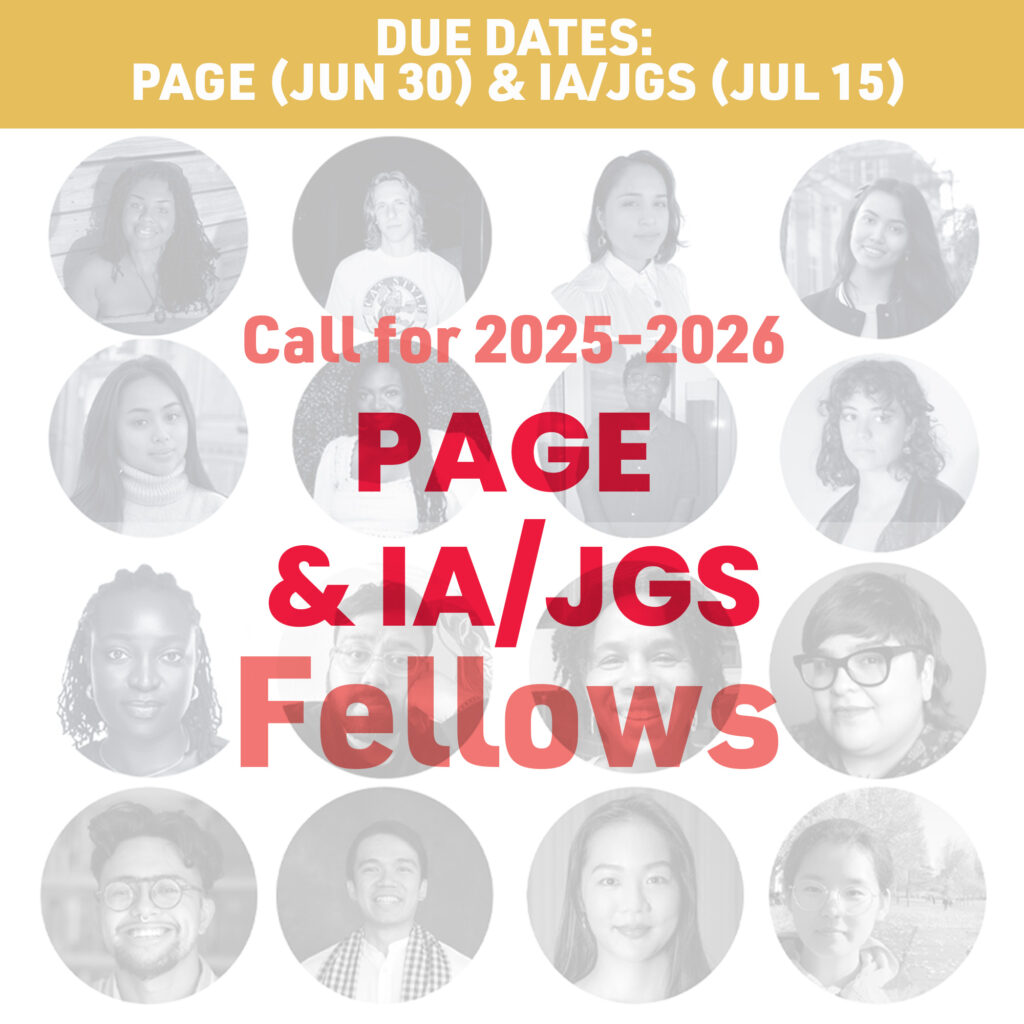We Who Believe in Freedom Cannot Rest Until it Comes
By Dillon S, Ph.D. student in American Studies and Ethnicity at University of Southern California, and a 2018-2019 Publicly Active Graduate Education (PAGE) Fellow. This PAGE Blog Salon explores themes of citizenship, intersectional activism, and public scholarship, important topics of the upcoming Imagining America national gathering, Oct. 19-21, 2018, in Chicago, Illinois.
Following the days after the 2016 presidential election, my daily routine of work and home was the stability I clung to, as my mind struggled through a haze. I felt dissociated and numb. It felt beyond my capacity to head out to the streets in protest, as I had done in past moments of national outpouring. I understood that the Deferred Action for Childhood Arrival (DACA) program would be under threat of being terminated—a campaign promise for the first one hundred days of the new administration—and that it was a question of when. I had lived as an undocumented adult before DACA existed, and I knew that I could continue to survive without it. What drove me to a quiet of deep panic was the potential climate of repression against migrants that the termination of DACA could signal. Do I leave now or once I am forced to? How much of my body can I keep safe? Part of being undocumented is in living among the potentiality of goodbyes in which one attempts to negotiate the terms of one’s departure. If I were to choose self-deportation, I could at least make proper goodbyes before leaving.
Each time I had asked myself, “Is now the time?,” my answers had been conditional. I had told myself throughout most of my twenties that I would self-deport once I earned my BFA. After that day came and went, I said that it was either self-deportation or graduate school. After the night of the presidential election, I decided that, yes, this was the time and the termination of DACA would be my signal. My feeling of certainty in the demise of DACA—which I thought could be as early as three months away from then—meant that this was the most definitive answer to the question I had ever given. I felt what seemed like relief in my decision; perhaps, I could have a different kind of life outside of the U.S. that could be freer of state violence, at least from the violence of detainment and deportation. I chose this relief over graduate school, which I had planned to apply for in 2017. That Friday, the first friend I told of my decision, a formerly-undocumented scholar and activist, urged me instead to apply to my Ph.D. programs within the year for the possibility of some institutional resources or protections. The deadline felt unrealistic, and I was not sure if I wanted protections, however symbolic they may be.
I first encountered “Ella’s Song” on the weekend at a grassroots fundraising event in support of local organizing projects against state surveillance and violence. I wondered if it would be one of the last moments in the U.S. I would have in a gathering among friends and fellow activists. I may have attended to bid friends farewell. After the main event programming, the event organizers brought the room into a popular protest chant, “When our community. Is under attack. What do we do? Stand up. Fight back!” They then began incorporating the names of people in the room into the chant. When your friend “is under attack,” what do you do? I was reminded that it was not just undocumented immigrants facing uncertainty and the fear of harm. To close off the night, a presenter came with a reminder, speaking with pauses in repeating, “We who believe in freedom. Cannot rest. Until it comes.” Those in the room were willed to join the repetition and to sing it. I was reminded of our duty to keep resisting towards freedom. I was not sure if I was being lifted up by community or being denied the terms of my goodbye, but I knew I had to stay, as I felt that I could not leave while my communities faced harm, as I cannot rest until freedom comes.
So, I scrambled to gather up materials for my applications. A year later, I would do the same to secure sustainable funding. Each time, I was surprised to find steadfast support among friends and professors, all of whom women and people of color. Through them, I was able to regain my dreadful sense of humor, the one that jokes about being in social death, or self-deporting for an overseas vacation opportunity. A friend, an undocumented scholar and activist, and I were parting ways after reviewing my application statements when she remarked that she felt “barely living” from the results of the presidential election. “But we’re already dead!” I quipped, and we laughed. We laughed, and so, we would be fine.
Once in graduate school, I was ecstatic to experience dedicated time for reading and writing, generous and thoughtful mentorship from faculty, and access to endless scholarly resources. My fine art training, a process of translating my thoughts into the making of objects, led me to conceptualize scholarly work with interdisciplinary approaches by locating my experiences as a starting point in my research. However, self-guided research once outside of school had become challenging to sustain, particularly due to not having the training of an academic background. My 2015 BFA thesis exhibition, titled Speculative Geographies, consisted of multi-media works investigating the speculative futures and practices of migrants. My doctoral work builds on the theoretical, practical, and artistic groundings for my question of migrant self-determination and the conditions of potentiality for full participation. As a PAGE Fellow, I plan to explore the possibilities for art interventions towards institutional change.



